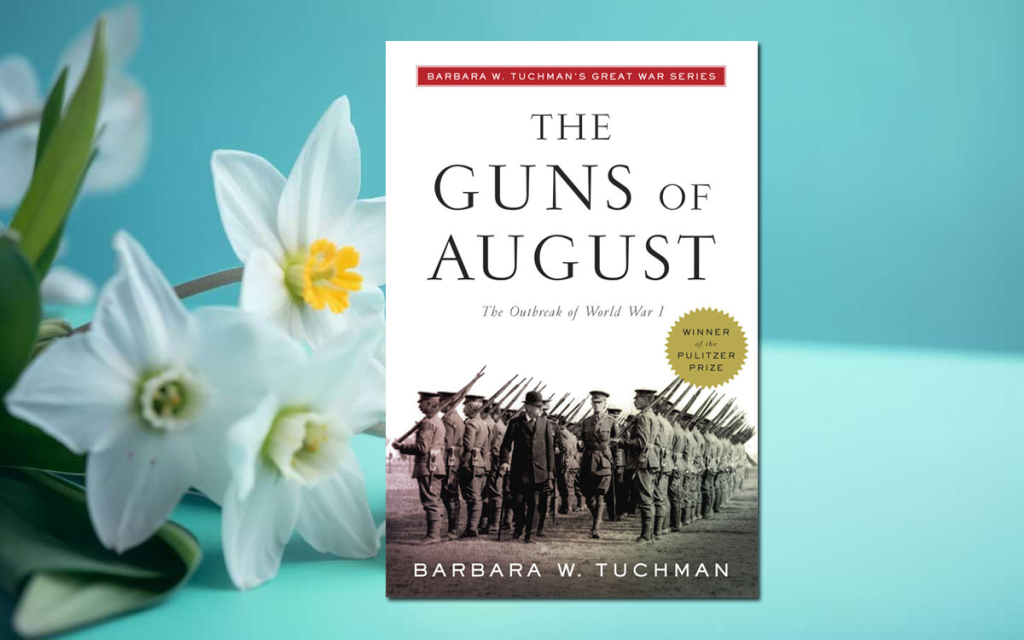
The Guns of August
Book Review: The Guns of August by Barbara W. Tuchman
“The Guns of August” by Barbara W. Tuchman is a seminal work in the field of military history, offering a comprehensive analysis of the events leading up to World War I. First published in 1962, this Pulitzer Prize-winning book remains a cornerstone of historical literature, providing invaluable insights into the political, social, and military dynamics that shaped the outbreak of the Great War.
Synopsis
Tuchman’s narrative begins in the summer of 1914, with Europe on the brink of war. Through meticulous research and compelling storytelling, she paints a vivid picture of the diplomatic tensions, military preparations, and political maneuvers that culminated in the outbreak of hostilities. From the assassination of Archduke Franz Ferdinand to the declaration of war, Tuchman chronicles the pivotal moments that set the stage for the conflict that would engulf the world.
Analysis
One of the book’s greatest strengths is its in-depth analysis of the key players and factors that contributed to the outbreak of war. Tuchman skillfully navigates through the complex web of alliances, rivalries, and ideologies that characterized the European political landscape at the time. By examining the decisions and actions of political leaders, military commanders, and diplomats, she offers readers a nuanced understanding of the motivations behind the march to war.
Themes Explored
“The Guns of August” explores a variety of themes that are as relevant today as they were a century ago. Tuchman delves into the psychology of warfare, examining the mindset of those who found themselves caught up in the chaos of battle. She also explores the role of technology in shaping the nature of modern warfare, from the use of machine guns and artillery to the introduction of chemical weapons.
Enduring Impact
Despite being published over half a century ago, “The Guns of August” remains a seminal work that continues to shape our understanding of World War I. Its meticulous research, engaging prose, and insightful analysis have earned it a permanent place in the canon of historical literature. Moreover, its exploration of themes such as nationalism, diplomacy, and the human cost of war resonate with contemporary audiences, offering valuable lessons for navigating the complexities of the modern world.
For readers interested in delving into the origins of World War I and gaining a deeper understanding of its far-reaching consequences, “The Guns of August” is essential reading. Its relevance, both as a historical document and as a cautionary tale, ensures that it will remain a staple of syllabi and reading lists for years to come.
In conclusion, “The Guns of August” stands as a testament to the power of historical scholarship to illuminate the past and inform the present. Tuchman’s magisterial work serves as a timely reminder of the importance of understanding the forces that shape our world, making it a must-read for anyone interested in the study of history.